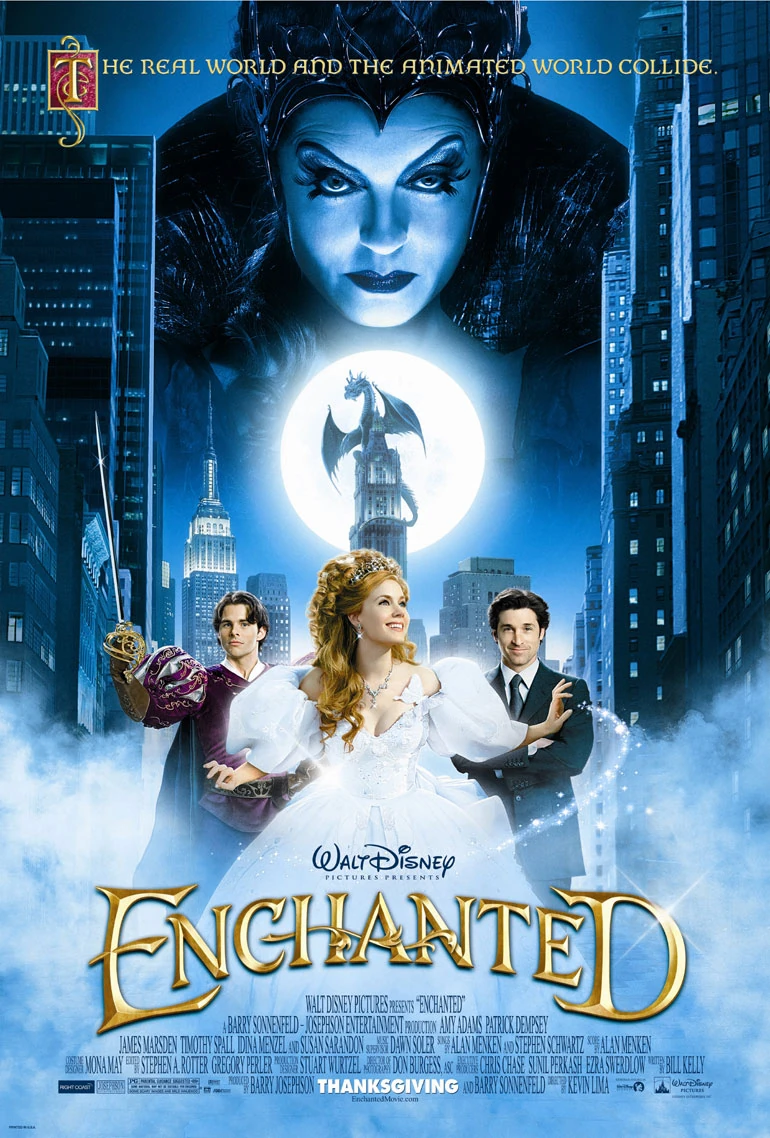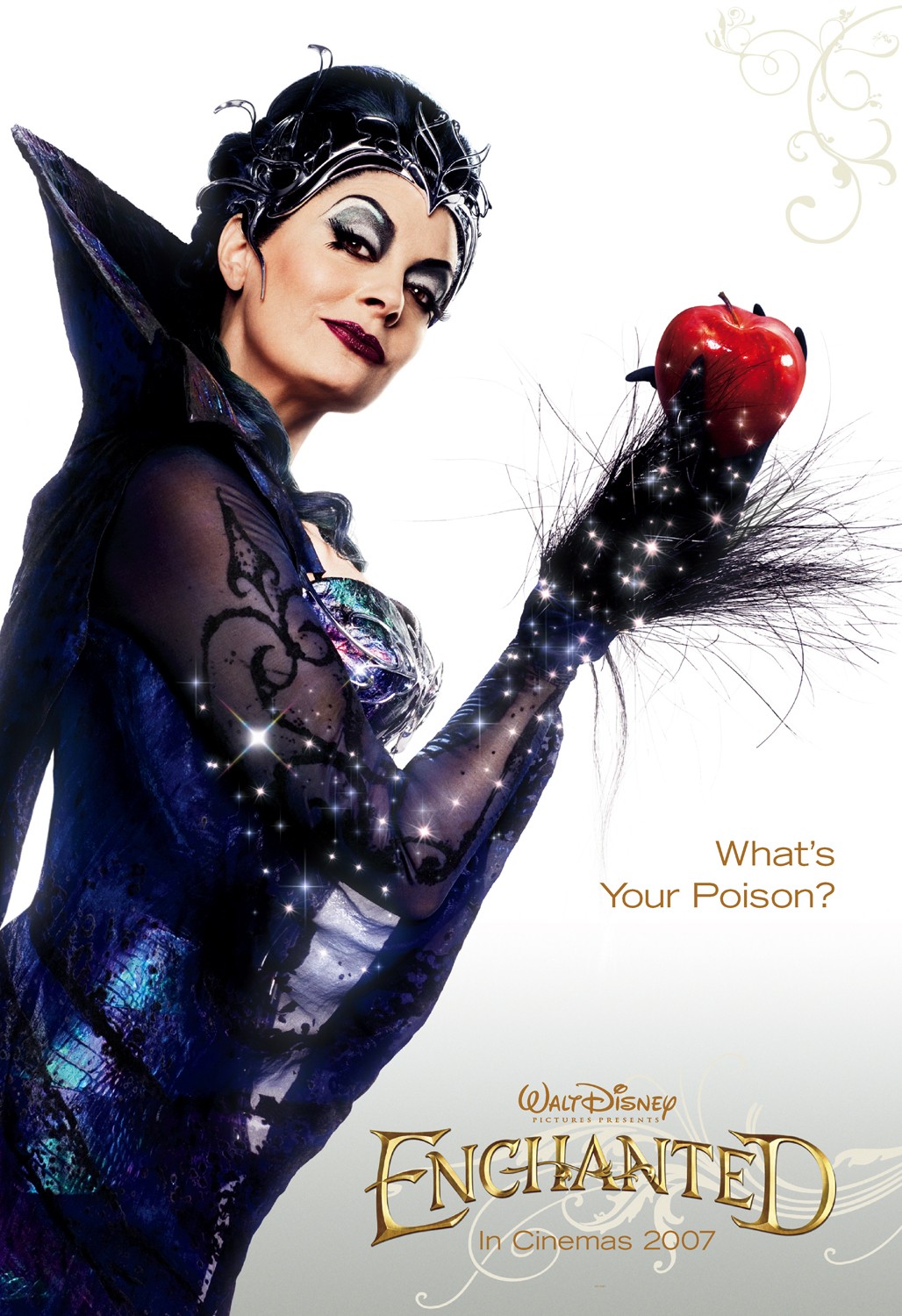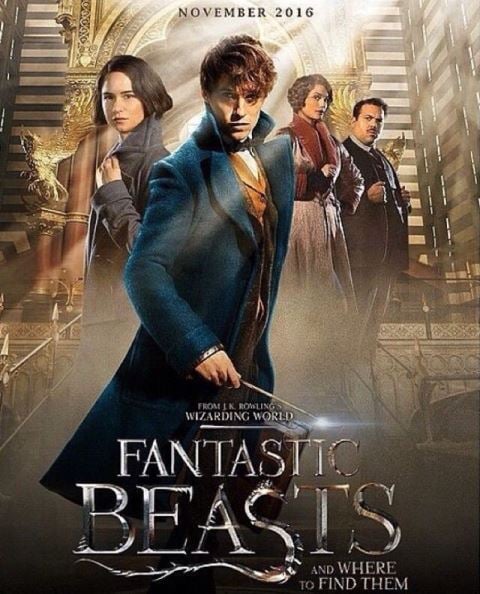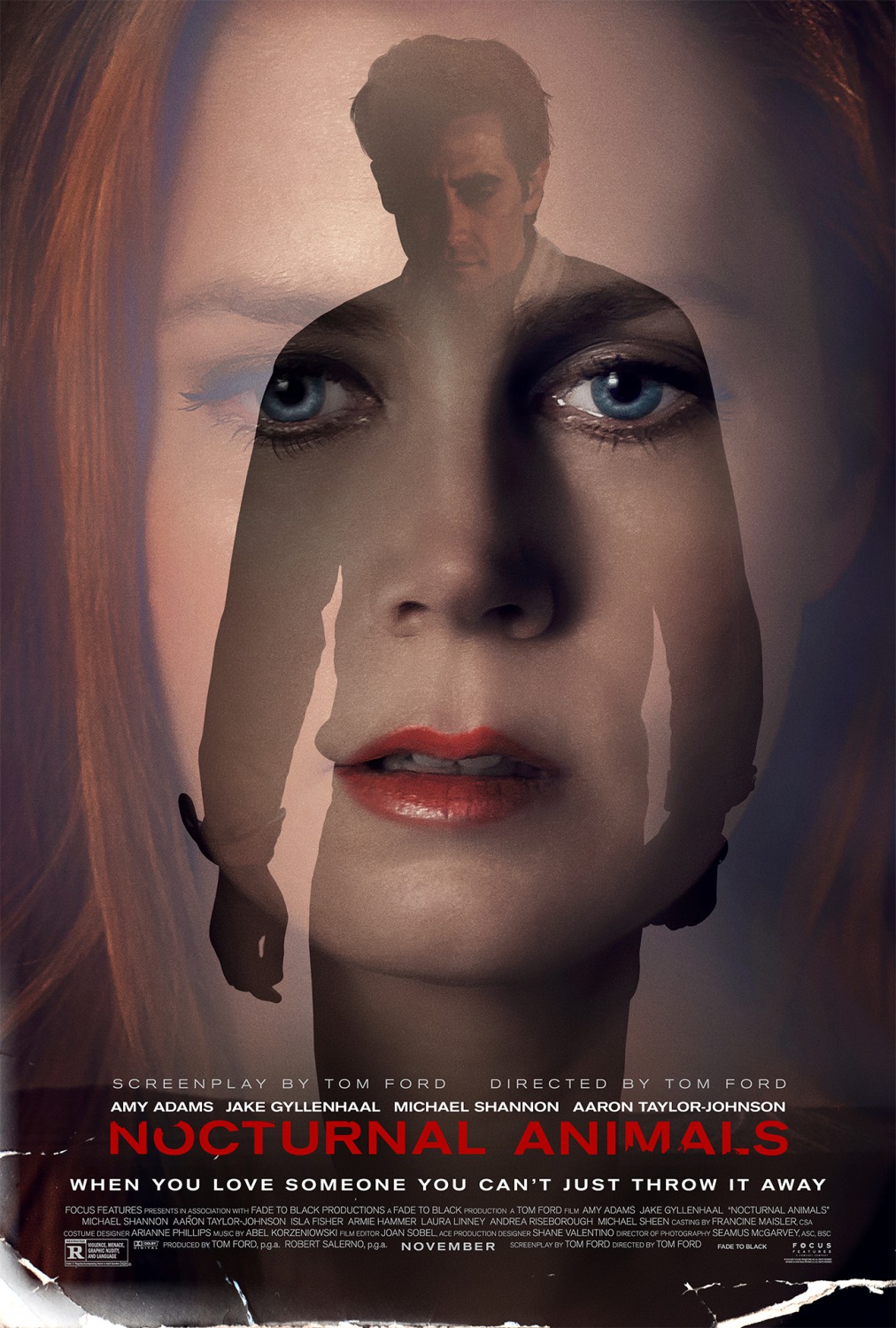Comedy
Summer 2012
Starring: Bruce Willis, Rebecca Hall, Catherine Zeta-Jones, Joshua Jackson and Vince Vaughn.
Running Time: 94 mins.
Seen At: Didsbury.
On: Sunday 24th June, 2012.
The international box-office at the moment is an interesting state of affairs. The horror genre seems to be on fright-fest overload, what with The Pact, Red Lights, The Chernobyl Diaries and of course Prometheus.
Director Stephen Frears is for my money one of the most versatile in the industry – he’s taken us through much classical period intrigue and the obsessions of a steamily seductive love triangle in Dangerous Liaisons, down into the consumerist greed of The Grifters, post-modern quirk - again with John Cusack - in Nick Hornby’s High Fedelity, transatlantic cautions of a distinctly darker sort in the highly affecting Dirty Pretty Things, a somber reflection as a nation mourns in Helen Mirren’s Oscar-laden portrayal of a modern monarch with 2006’s The Queen, and in 2010 – one of those ‘feel-good’ chocolate-box village hits, with a heady mix of writing, baking, sun, wine and…oh, the odd dollop of unfaithfulness thrown in for good measure – in the charming Moira Buffini screenplay - Tamara Drewe.
Now, he sticks with his model, with the figure of the deceptively ditzy heroine as his central protagonist, this time in the rather irritating shape of Beth (played by Rebecca Hall), a clumsy, whiney-voiced late-twenties-something backpacker, in a familiarly short pair of denims, who initially appears to be a dumb brunette at the most fundamentally cardboard-template-level. Didn’t Frears use exactly the same character arc for Gemma Arterton’s redeemed Tamera in 2010’s lovingly-crafted Tamera Drewe? Also, she can curiously, simultaneously solve anagrammatic puzzles off car registrations.
She decides to exchange the murky world of seedy stripping in which the film opens – in really quite a strikingly comic, yet verging on edgy fashion, presumably attempting to act as an algorithm for the cautions of the excesses of money, alcohol and more – for the bright lights of…oh – Vegas? Surely every trap Beth is inexplicably running from also exists there – only in far higher, more exploitative quantities – they’re just advertised as glossed-over with a shameless, neon-lit sheen? Once there, she inevitably meets up with professional gambler Dink (Bruce Willis), who’s in the business of placing bets for a living, also known as ‘laying the favourite’. What ensues is at best, quite uninvolving, with little more than everybody grappling with corded phones, in the midst of heated arguments.
Rebecca Hall, a true British gem of an actress, makes really interesting choices. She gave my favourite performance in Woody Allen’s very charming and original Oscar-winner Vicky Christina Barcelona, showcasing a real talent for comic timing. She’s played fine dramatic turns in Christopher Nolan’s superb magician thriller The Prestige, as well as political electrifier Frost/Nixon. (She’s also to be seen in BBC Two’s adaptation of Parade’s End this Friday).
Here though, her talents are completely wasted on a deceptively sunny screenplay, weak dialogue, and an unengaging, flimsy, one-note character, similarly to Willis, another usually highly charismatic screen-presence given rather flat material to work with.
The saviors are with two supporting roles: Catherine Zeta-Jones, one of my most favourite actresses (looking ultra-glamorous as ever), makes a triumphant return to the big screen as Dink’s high-maintenance, red-haired wife Tulip, giving her the chance to relish in reprising those frosty, gold-digger roles she delivers so perfectly.
Just think of Gwen, the spoilt, demanding, fading A-Lister – one half of America’s Sweethearts, man-eating Marilyn in Intolerable Cruelty, or the gorgeous seductress Velma Kelly in her Oscar-winning turn in Chicago. She’s at her very best playing these roles of the icy, yet extremely attractive women in the ruthlessly determined mould. Here, she’s also not afraid to be at the centre of one of the film’s very funniest moments, as Tulip resorts to going under the knife with some plastic surgery. We witness her directly after the procedure - before the reveal of the usually ‘perfect’ transformation – complete with her face wrapped in bandages!
The other, equally entertaining role, arrives in the always skillfully funny shape of Vince Vaughn, an incredibly gifted comic actor, as shady money-launderer Rosie. Vaughn employs his customary, quick-fire delivery of dialogue, and much of the comedy in his scenes, as well as the film as a whole, arises from the camaraderie between him and his colleagues. A particular example is when he insists to Beth, convinced they are about to be found out, that they’re: ‘too cautious’ when he’s clearly anything but!
What may add marginally more credibility to the film, is the fact that it is, partially, based on true events. It’s adapted from the memoir of the real-life Beth Raymer, and Dink and Tulip (no matter how closely or not they are portrayed in the film), are people who actually exist.
Stylistically, it appeals to me that the film is shot in a bright, honey-glow glossiness, and even though it’s predominantly only mildly funny apart from a few stand-out moments, it has great supporting turns from Zeta-Jones and Vaughn. It’s light, bright, colourful, enjoyably energetic fare, and a refreshing change from that darker, heavier, far more serious output of films I mentioned, that can sometimes dominate the box-office.







